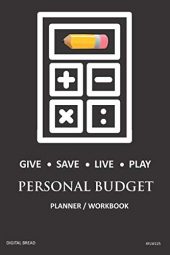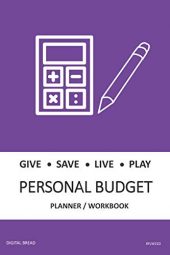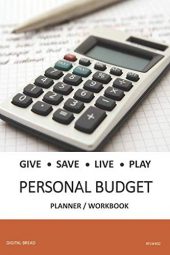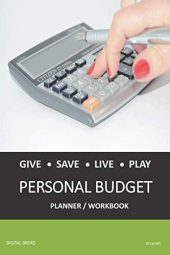
The second of 4 rules to personal money management and budgeting. Do this every time without fail, put away 10% minimum and in the future you will thank your past self.
Saving is a discipline sorely lacking in our society. Most people think, I don’t have enough incoming to save, but when they do an evaluation of their spending, they will quickly find that there are places to trim and places to curb their spending, allowing for saving to be no problem at all.
Better yet, with this simple budget, you just do it. Save 10% minimum after giving. You live and play on what’s left over. PERIOD!
We’ve been conditioned to believe that when we want something that we can have it and have it now. Break out the plastic (credit card) and BAM it’s done, it’s mine. You actually get a high from that feeling which passes within hours or days and you have to do it again. What I’m about to tell you might make that bad habit something to hate.

Plastic money is expensive. Average credit card rates are anywhere from 19% to 30% and compound daily. Minimum payments lull you into stretching out that expensive money for as long as possible. This kind of debt is called “Revolving Debt” in other words it’s unsecured, meaning if you default there is nothing the credit card companies can come after to take. What they will do is penalize your credit score. This happens when paying late (even once) or missing a payment and if you do default they will ruin your credit score and make future money cost you even more via even higher interest rates. If your caught up in this mess: CALL AND NEGOTIATE LOWER RATES, THEN PAY IT OFF AND GET OUT. YOU CAN DO IT!
This budget teaches you to save 10% minimum, you take it off the top right after giving and you put it away. PERIOD!
It is recommended that you save at least 3 months of your monthly income as an emergency fund. Put this savings in an interest earning saving account and don’t touch it. Don’t borrow from it unless you have an emergency. (and no, new rims for your hooptie, or expensive shoes/clothes are NOT emergencies) Yes, I said BORROW. Borrow from yourself and pay it back, even with a reasonable amount of interest. Why not? You were willing to do it with big greedy credit card companies. This will accelerate the growth of your money.
Once your emergency fund is secured, look at investing, growing your money. (please consult a professional money manager, they are worth their wages.)
These few points will help with saving:
- Have Self-Control
- If you want to buy something, budget and save.
- Create a wish list and share with family and friends. There are always birthdays and holidays.
- Consider buying used, and saving the difference.
- Never buy spontaneously, tell yourself if I still want it later, and can afford it, I’ll get it then.
- Be honest with yourself and ask the hard questions
- Can I live without this expense?
- Is there a cheaper option?
- Make/Keep more money
- Ask for a raise.
- Work a second job or side hustle.
Negotiate your incomes and expenses.
For money management and budgeting we’ve got you covered.





